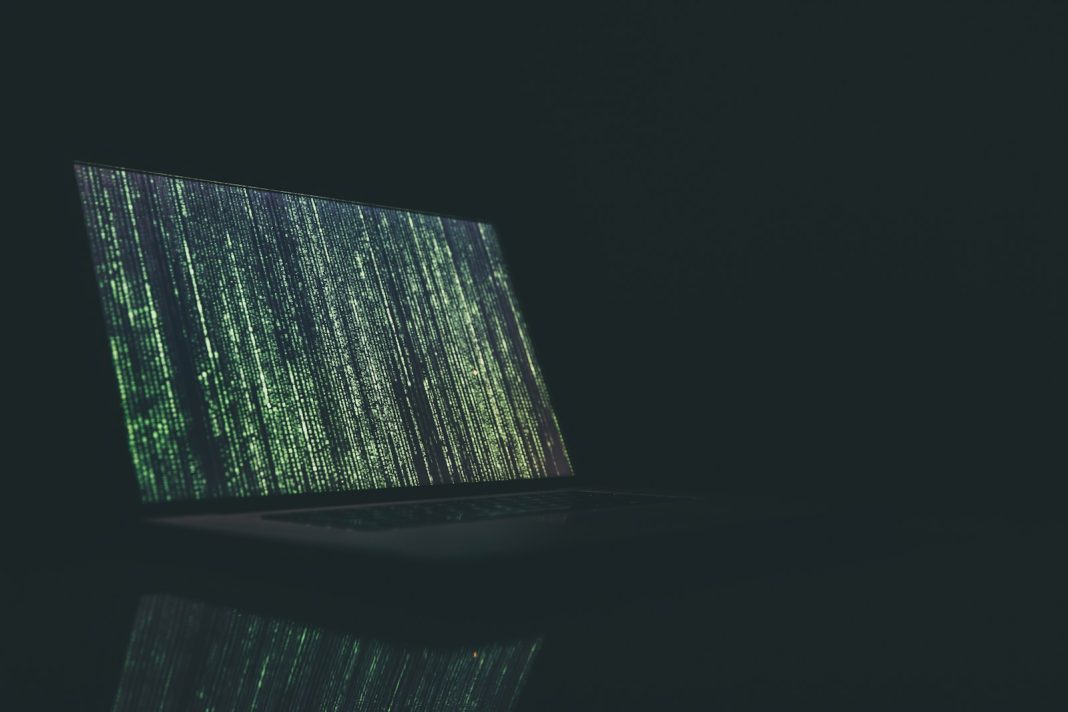In an era where space technology underpins our daily lives, from GPS navigation to international finance, the vulnerability of satellites to cyber threats has become a pressing concern. As our reliance on these orbiting assets grows, so too does the risk of disruption from malicious actors seeking to exploit digital vulnerabilities.
Recent events, such as the 2022 cyberattack on the KA-SAT network owned by Viasat, underscore the immediacy of this threat. While the perpetrators remain officially unidentified, suspicions of state-sponsored involvement, particularly from Russia, loom large. The sophistication of such attacks highlights the evolving nature of cyber threats in space and the need for robust defences.
The evolution of space technology vulnerabilities from physical tampering to digital exploitation has transformed the security landscape. Adversaries now leverage artificial intelligence and machine learning to identify and exploit weaknesses in satellite systems, posing challenges beyond traditional defence strategies.
Satellites, isolated in orbit and reliant on wireless communication, are susceptible to signal jamming, spoofing, and data interception. Moreover, the constraints of space limit the feasibility of routine software updates, leaving systems vulnerable to exploitation.
To address these challenges, a collaborative effort has emerged among space agencies, technology firms, and security experts. Initiatives focus on secure communication protocols, end-to-end encryption, and AI-powered anomaly detection systems to safeguard satellite networks.
The development of AI-driven security protocols and quantum encryption holds promise for revolutionising space asset protection. AI can predict and counteract threats in real-time, while quantum encryption offers theoretically impervious security. However, practical deployment of these technologies in space requires further innovation.
The global implications of space cybersecurity extend beyond technical considerations, impacting international relations and economic stability. While international collaboration is ideal, challenges such as competing interests and trust deficits between nations persist.
The economic ramifications of cyber incidents in space are profound, with potential costs running into billions and disrupting critical services. As such, progress in space cybersecurity is not only a technical necessity but a global imperative.
In conclusion, addressing the evolving cyber threat landscape demands ongoing vigilance, innovation, and unified action. Securing the future of space exploration and preserving critical infrastructure necessitates a concerted effort from all stakeholders involved in spaceflight. Only through collective action can we protect the final frontier from the perils of cyber warfare.


